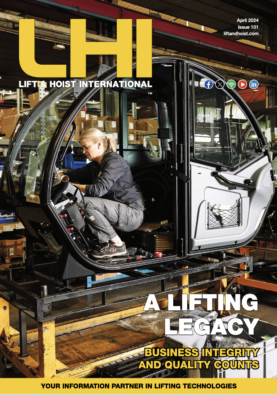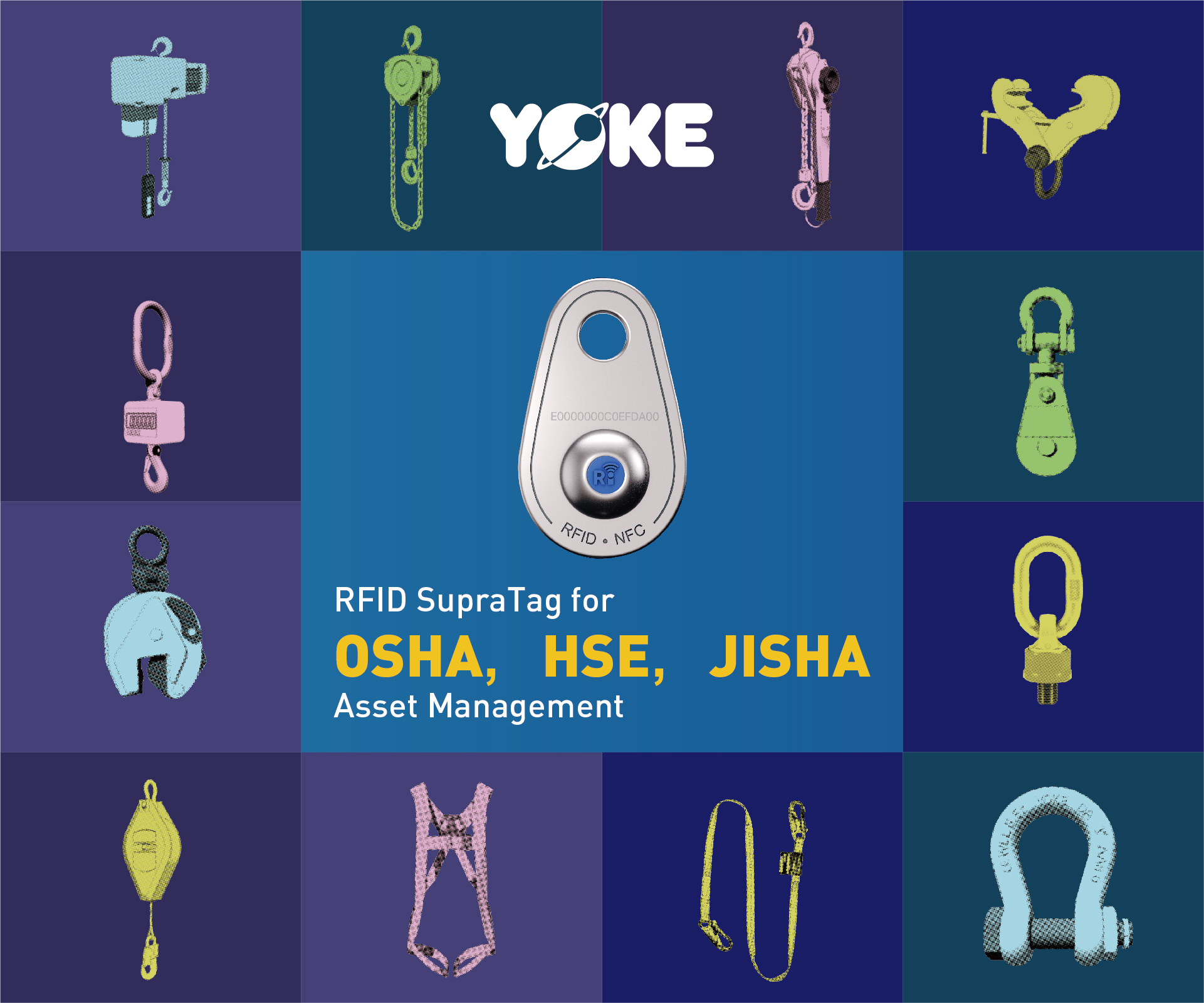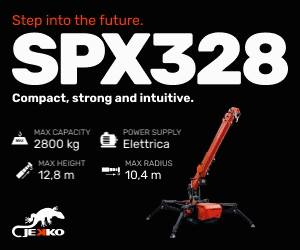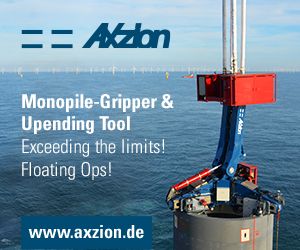)
Ace Cranes for Cape Canaveral project
Ace World Companies has installed two 250USt capacity cranes, each with 25USt capacity auxiliary hoists, at a new manufacturing facility at Cape Canaveral.
Ace, a manufacturer of overhead cranes and hoists, provided the 201ft span cranes for an aerospace manufacturer and sub-orbital spaceflight services company. These are some of the largest top-running cranes ever built at this capacity and span. A third-party consultant provided the failure modes and effects analysis (FMEA) to specified NASA standards.
The cranes, weighing one million pounds each, are operated by radio remote control, and will work both independently and in tandem to lift a variety of loads, as required by the site’s assembly operations. Ace was also responsible for installation of 1000 linear feet of 175lb crane rail and electrification power bar for the 500ft long runways.
Kevin Beavers, executive vice president at Ace World Companies, says, “The cranes are single failure proof and include redundant wire rope reeving and emergency calliper wire rope drum brakes. The cranes can also communicate wirelessly between each other to work as one. They have a micro speed in all directions [hoist, bridge and trolley] to as low as 6in/min.”
Ace, which provided all machinery and structural elements for the project, combined with other leading manufacturers including Siemens (controls) and Pintsch Bubenzer (brakes), among others. The customer required the cranes to have two coats of epoxy safety yellow paint and an additional coat of safety yellow urethane. Ace was able to meet other rigid requirements of the tender (issued by a contractor) including the importance of timely delivery; it took 24 trucks to transport both cranes to the jobsite. Both cranes took a year to manufacture.
The cranes have a Crane Manufacturers Association of America (CMAA) Class C duty rating, which classifies them for moderate service. The user will also benefit from a Class 1, Div 1, Hazardous Area, SIL2, ProfiNET HBC-radiomatic radio system, complete with diagnostic feedback and weight measurement monitoring on the belly boxes. The controls are AC line regenerative in common DC bus arrangement for maximum power savings. As above, all motions are able to be wirelessly synchronized between the two cranes.
This project is well documented, yet information about the type and shape of loads that the cranes will lift is closely guarded. It is known that the cranes have hooks that will connect to rigging gear and lifting attachments supplied by other companies to allow both cranes to make a 500USt capacity tandem lift. This requires the hook centres between the two cranes to be no greater than 26ft 8 in. Beavers confirmed that the loads will have manufactured pick points and that centre of gravity was not a major consideration.
He adds, “This is another example of a landmark project where we emerged as the favoured overhead crane and hoist manufacturer, based on a variety of criteria. That included delivering extensive operator training with the client, but we will not be required to provide periodic inspection and maintenance in this instance.”










